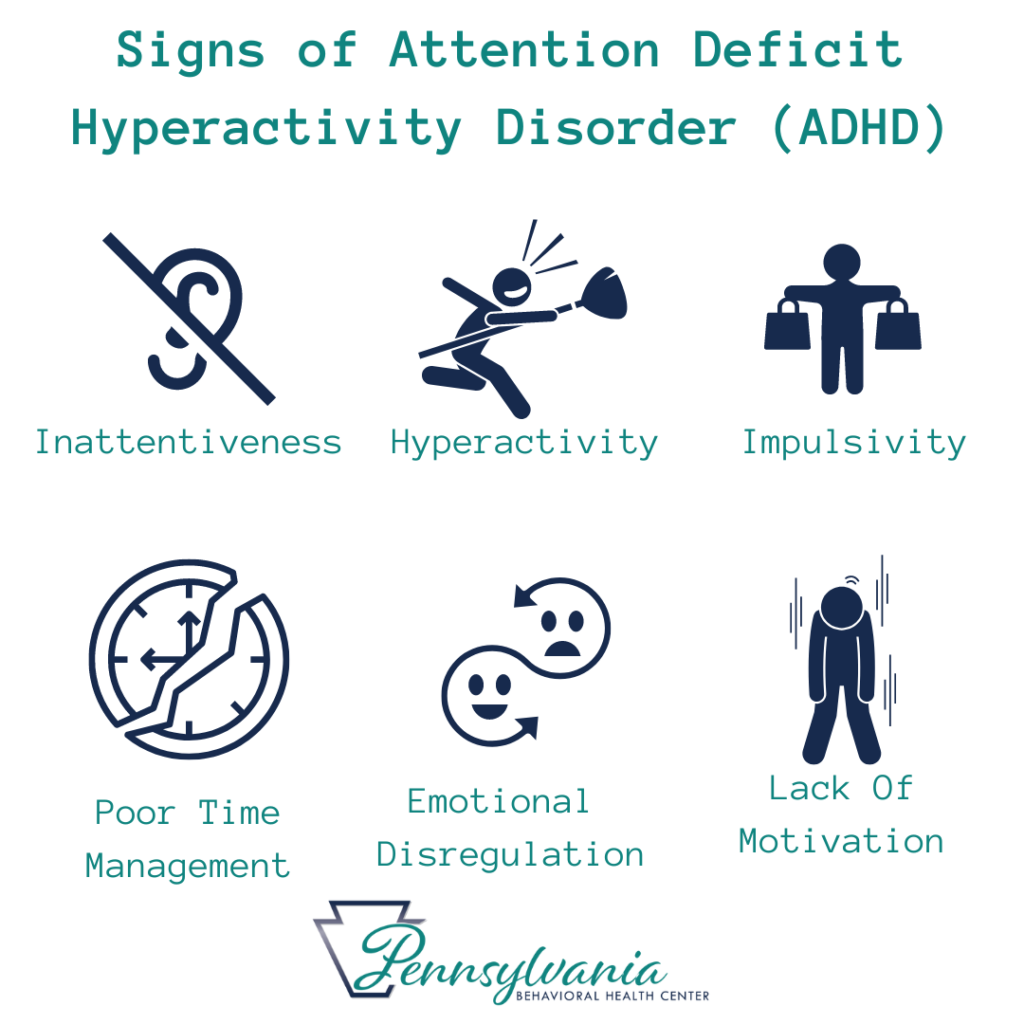The Advantages of Personalized ADHD Treatment Strategies for Better Outcomes
The implementation of individualized ADHD therapy plans has become a critical approach in improving healing results for people affected by this problem. By recognizing the distinct symptoms of ADHD in each individual, these tailored interventions advertise higher interaction and inspiration, inevitably leading to much more efficient coping methods. This customized method not just addresses scholastic and occupational challenges however likewise promotes enhanced social relationships and general top quality of life. The real degree of these benefits raises crucial inquiries regarding the certain elements that contribute to long-term success and how they can be maximized for diverse populaces.
Recognizing ADHD Variability
Although Attention-Deficit/Hyperactivity Disorder (ADHD) is commonly perceived as a particular problem, its symptoms can differ significantly among people. Sex distinctions also play a function, as men are extra often detected with ADHD and frequently show extra overt symptoms, whereas women might offer with much less apparent inattentiveness.
Moreover, people with ADHD might experience a range of emotional and behavioral challenges, such as stress and anxiety or opposite defiance, that can make complex medical diagnosis and therapy. The interaction of these factors can result in diverse experiences of ADHD, requiring a nuanced understanding of the disorder. It is also worth keeping in mind that ADHD can present differently across various cultural contexts, influencing how symptoms are identified and resolved. This understanding highlights the value of identifying ADHD as a complex problem, which requires customized techniques to treatment that think about the one-of-a-kind needs and experiences of each individual.
Trick Parts of Personalization
Personalized ADHD treatment plans are grounded in several vital parts that guarantee effective monitoring of the condition. An extensive analysis is vital, entailing standardized ranking scales, interviews, and behavioral observations. This detailed assessment permits clinicians to understand the person's distinct signs and symptoms, staminas, and obstacles.
Second, the participation of multiple stakeholders, consisting of parents, instructors, and the person, adds to an all natural sight of the person's demands. Collaboration promotes a supportive atmosphere that can adjust to the individual's context and way of living.
Third, treatment plans need to be flexible and adaptable, permitting modifications based on recurring feedback and the person's evolving requirements. This versatility makes it possible for the integration of different restorative approaches, such as behavioral interventions, psychoeducation, and drug management.
Furthermore, cultural and contextual aspects have to be considered. Acknowledging the person's history, values, and preferences guarantees that the therapy is relevant and respectful.
Finally, normal follow-ups and analyses are important to check progress and make required modifications. By focusing on these crucial elements, individualized ADHD therapy strategies can significantly enhance the performance of treatments, leading to improved outcomes for people with ADHD.
Boosted Involvement and Inspiration
To properly advertise boosted involvement and inspiration in people with ADHD, it is important to integrate grief and depression methods that reverberate with their rate of interests and toughness. Individualized therapy strategies that line up with an individual's passions can lead to raised participation in therapeutic tasks, cultivating a sense of ownership and enthusiasm for the procedure.
Using interactive and innovative methods can also considerably enhance inspiration. For instance, including gamification elements or real-world applications of skills can make tasks more enticing and pertinent. This not just catches interest but additionally enhances learning through delightful experiences.
Furthermore, establishing possible and significant goals customized to the individual can boost motivation. When people see their progress in the direction of personally substantial objectives, they are more probable to remain engaged. Normal comments and acknowledgment of accomplishments can better suffer inspiration, creating a positive responses loop that motivates ongoing effort.
Last but not least, promoting a supportive atmosphere where individuals really feel recognized and valued can substantially impact their interaction degrees. When therapy plans are created collaboratively, incorporating input from the person, they are most likely to feel purchased their trip, inevitably resulting in enhanced end results in managing ADHD.
Improved Coping Methods
Developing enhanced dealing approaches is essential for individuals with ADHD, as it equips them with efficient tools to browse day-to-day obstacles. A customized treatment plan enables for the recognition of specific coping mechanisms tailored to the person's one-of-a-kind needs and situations - ADHD treatment. Methods such as mindfulness, time administration skills, and organizational methods can be incorporated right into everyday regimens, promoting a sense of control and minimizing anxiousness
Mindfulness techniques, consisting of meditation and deep-breathing exercises, assistance individuals with ADHD focus their attention and control their emotions. Time administration techniques, such as utilizing timers or breaking tasks into smaller, convenient actions, can alleviate feelings of overwhelm. Additionally, organizational devices like organizers and lists can improve efficiency and accountability.
Long-term Favorable Results
Executing individualized ADHD therapy plans can result in significant lasting favorable results for individuals. These customized techniques, which think about distinct symptoms, choices, and life conditions, promote extra effective monitoring of ADHD signs over time. By concentrating imp source on the particular needs of the person, these plans enhance adherence to therapy protocols and foster better interaction in therapeutic tasks.

Furthermore, personalized treatment plans can substantially reduce the risk of comorbid problems, such as anxiety and anxiety, which are commonly connected with ADHD. Early intervention and regular assistance assistance people construct resilience and coping strategies, promoting total psychological health and wellness.
Inevitably, the lasting favorable end results of personalized ADHD treatment plans not only improve the lifestyle for individuals but additionally add to their total well-being and success in different life domains. This all natural approach emphasizes the significance of individualized care in taking care of ADHD effectively.
Verdict
